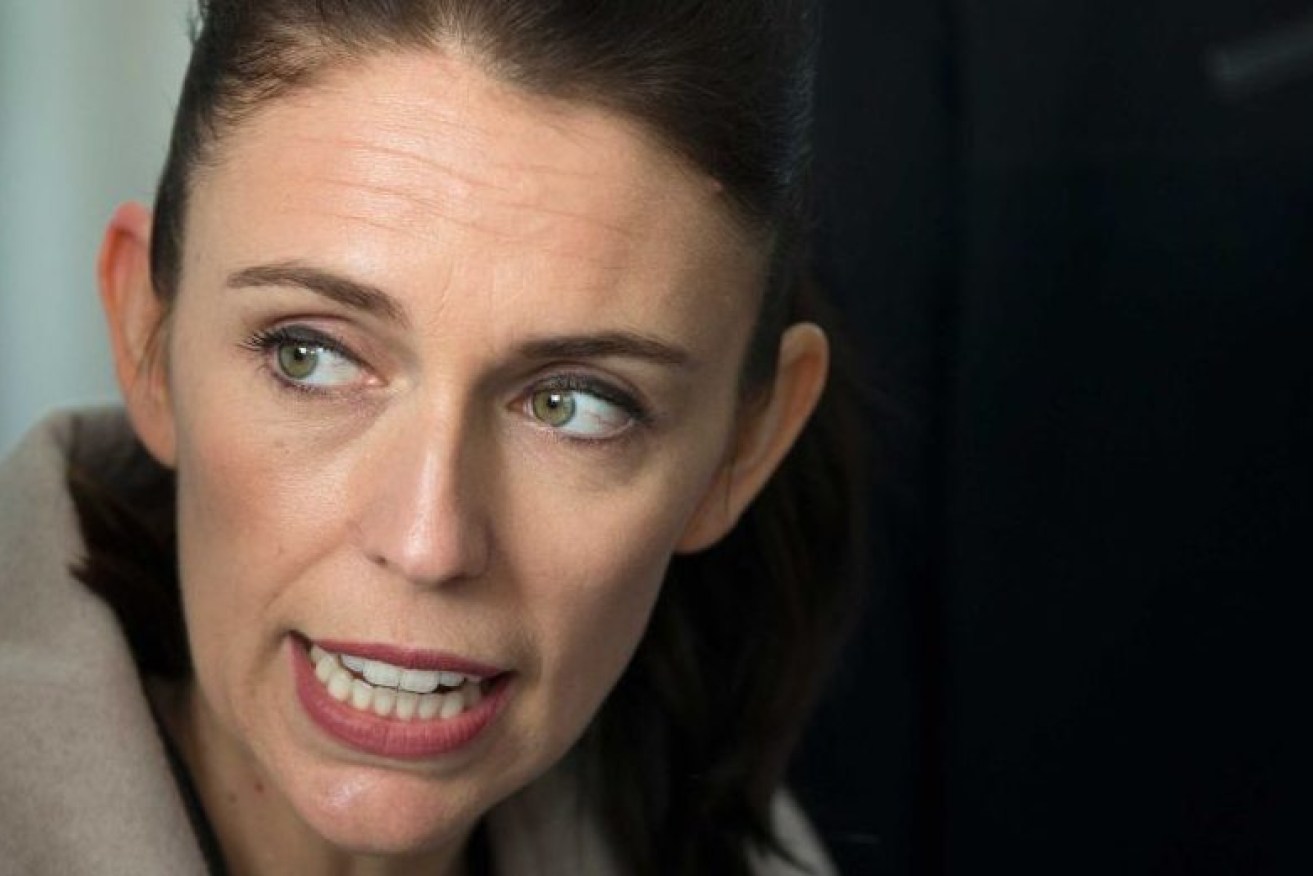Ardern under fire as soaring rates, looming recession rock the boat
A year out from an election, the New Zealand Reserve Bank delivered devastating news for Jacinda Ardern’s government on Wednesday that underlined the challenge as they seek a third term.

New Zealand PM Jacinda Ardern has struck some heavy political weather as a recession looms. (Photo: AP: Mark Baker, file)
The headline was the 75 basis point lift in the official interest rate, the bank’s first ever triple-hike as it wages war with generationally high inflation.
From record lows of 0.25 per cent last October, the cash rate now stands at 4.25 per cent, with a forecasted peak of 5.5 per cent due to hit late next year, precisely when an election is due.
Scarier numbers were found inside the pages of the Reserve Bank’s November monetary policy statement.
Inflation is staying higher for longer and won’t drop back into the target band until 2024.
Unemployment is heading up sooner, from near-record lows of 3.3 per cent to above 5 per cent in 2024.
House prices – already down 11 per cent from their peak last year – are going to keep dropping by another nine per cent next year.
And then there’s the big one: six straight quarters of negative or flat growth beginning mid-2023 that will plunge New Zealand back into recession.
Speaking outside the parliamentary chamber after a fiery question time, Finance Minister Grant Robertson conceded it would be “a difficult year for many New Zealand households”.
“The overall economic forecasts are reflective of how tough 2023 is going to be,” he said.
Opposition leader Chris Luxon emerged from question time flanked by his deputy, finance spokeswoman Nicola Willis, saying “a lot of New Zealand’s gonna feel very stressed tonight”.
“And they’re gonna feel more stressed over the coming months when they go re-fix their mortgages,” he said.
Robertson was keen to paint New Zealand as caught up in a global economic storm, referring to an IMF statement that many “countries will be in recession or they’ll feel like they’re in recession”.
However, the Reserve Bank’s repeated references to “broad-based labour shortages” enabled Willis to whack Labour for their immigration go-slow.
“The Reserve Bank is clear that acute labor shortages are now driving inflation. The government has had many months to fix its immigration settings. We implore them once again, fix this,” she said.
The grim outlook did come with ramifications for the National party, which has promised billions in tax cuts to Kiwis despite their inflationary effect.
Luxon foreshadowed scrapping a key plank of its platform: axing the top 39 per cent income tax rate, which effectively gave handouts to New Zealanders earning over $NZ180,000 ($A167,000).
“We would like to offer people tax relief but … the 39 cent tax rate in particular, that’s something that I really want to think about,” he said.
“The situation has changed big time. Big time.”
That policy u-turn could also be bad news for Labour, denying them a key attack line on National as it heads towards a late 2023 poll.
If there’s light for Ardern’s party, it’s that the Reserve Bank has missed the mark with previous forecasts – most recently tipping a cash rate peak of 4.1 per cent in August which has already been overtaken.
“We’ll see where the Treasury’s forecasts end up at the end of the year,” Robertson said.
The Deputy PM then gave a glimpse of what could be Labour’s best line in 2023, harking back to COVID-19 policies that delivered them a landslide win in 2020.
“We supported New Zealanders through a really tough time with COVID-19. They know that we’ve got their backs when things are challenging,” he said.












